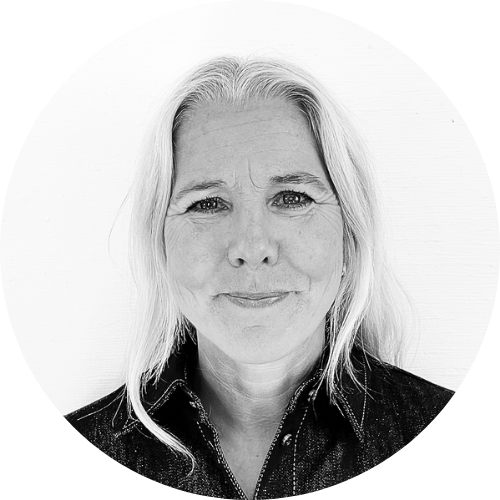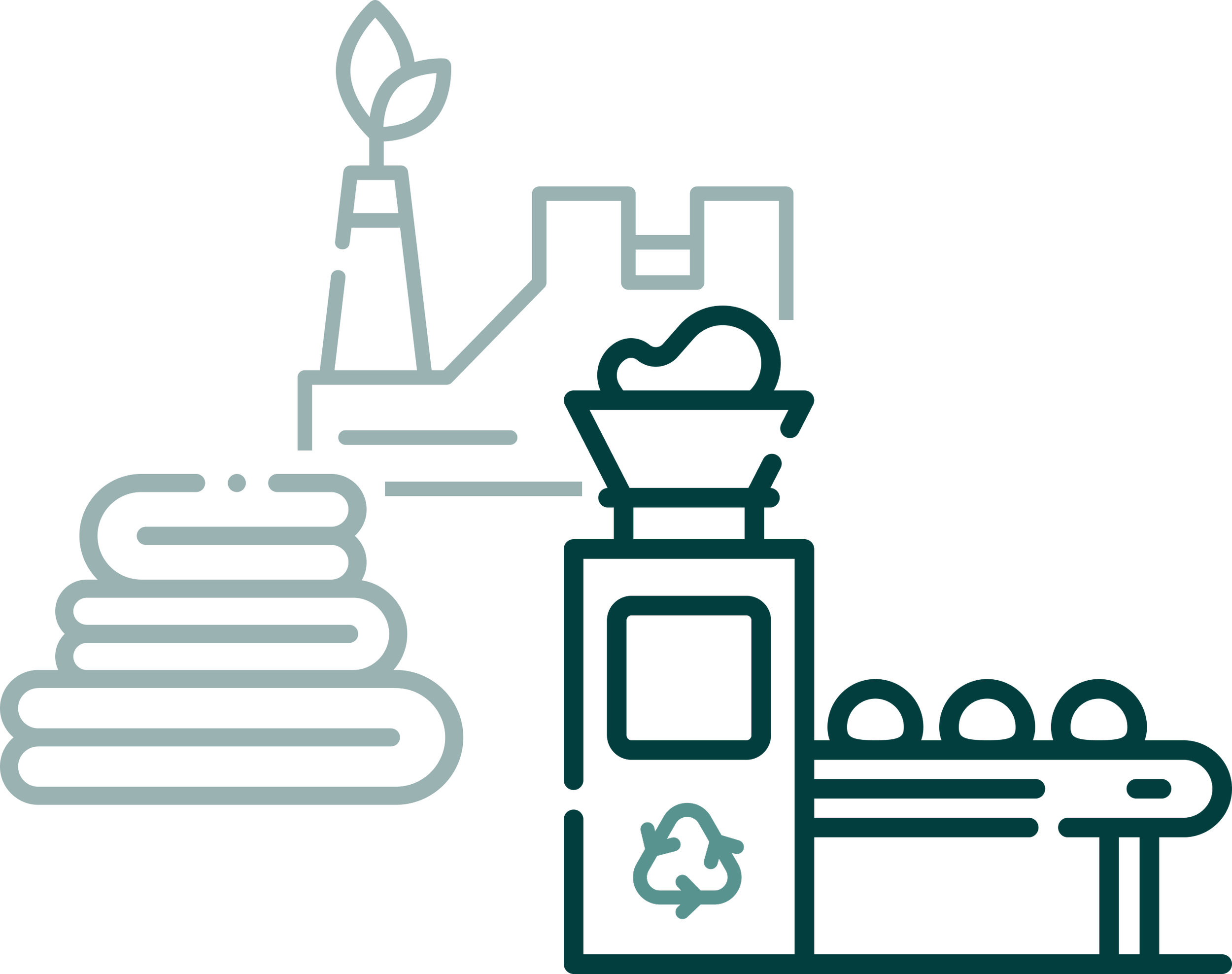
Our Story
ReSpin:s Vision and Values
Recycling is the norm
ReSpin’s vision is to eliminate textile waste by making high-quality fiber recycling the new standard in global textile production
Changing the Industry,
One Fiber at a Time
Åsa Strandberg has more than 30 years of experience in the textile industry. For the past 15 years, she has been an entrepreneur with a clear mission: to make textiles circular. After 17 years at H&M, she chose to leave the company when growing concerns about the environmental impact of the fashion industry could no longer be ignored.
In 2010, Åsa launched her own company, Saiboo, built on a closed-loop business model. The idea was simple but groundbreaking: produce garments B2B, sell them, and then take them back for reuse. With full control over materials and design, the difficult sorting problem was solved from the start.
Driven by the desire to push the industry further, Åsa began collaborating with Mid Sweden University in Östersund. The initial focus was on how to design for recycling, but soon a more fundamental problem became clear: there were no sufficient recycling methods available on the market. Chemical initiatives were emerging, and mechanical recycling existed, but only at very low quality.
While many believed chemistry was the solution, Åsa saw untapped potential in mechanical methods. A remark from a machine researcher – “What can be done by hand can be done mechanically” – became the spark that confirmed this direction.
She initiated several research projects together with industry and academia, including the Universities of Borås, Linköping, and Luleå. With support from Vinnova and the collaboration of skilled partners, years of development work followed. The result: a patented process that turns discarded textiles – preferably cotton – into long, high-quality fibers that can be spun into new yarn, without adding virgin material.
In 2020, Åsa founded ReSpin, the company now advancing this technology together with investors and partners. To strengthen her systems perspective, she also completed a Master’s degree in Ecotechnology at Mid Sweden University in 2022.
Her deep environmental commitment continues to drive ReSpin’s mission: not only to create a breakthrough technology, but to bring real change to the entire textile industry.
From Spinning Jenny to RespinJenny – the Textile Industry’s Journey Toward Circularity
The textile industry has undergone several crucial transformations throughout its history, but few inventions have had as profound an impact as the Spinning Jenny, introduced in England in the mid-18th century. This simple yet revolutionary machine made it possible to spin multiple threads at once, marking the beginning of industrial textile production. It not only accelerated manufacturing but also fundamentally reshaped society – shifting work from hands to machines, from homes to factories, fuelling urbanization, and laying the foundation for the Industrial Revolution.
Yet, the progress that began with Spinning Jenny also planted the seeds of a system built on ever-increasing resource extraction and large-scale production. What once symbolized efficiency and growth eventually evolved into an industry that today is among the world’s most resource-intensive and polluting.
Now, more than 250 years later, we stand at another turning point. The challenge is no longer to produce more and faster, but to make better use of what has already been taken from nature. Innovation is once again essential, but this time the task is to transform waste into value and shift from a linear to a circular system.
This is where RespinJenny® enters the picture. Inspired by its historic namesake, RespinJenny is a groundbreaking Swedish invention that enables mechanical recycling of textile waste, particularly sewing scraps, into new fibers of such high quality that they can be spun into yarns without blending it with virgin material. It is the result of years of research, technological development, and hands-on experience within the textile sector. Like the original Spinning Jenny, it holds the potential to redefine the industry – but with a very different goal: not to replace human skill, but to align technology with ecological limits and human stewardship.
Because closing the loop requires more than technology. It demands collaboration, knowledge transfer, and transparency, building on the skills and structures that already exist. A vital step in this direction is the partnership with Holma Helsinglands, one of Sweden’s most historic textile companies, founded in 1898. Holma once ran a full-scale spinning mill until 1974, when its machines were sold to Finland. Since then, the company has focused on twisting, dyeing, and bleaching yarns, often for crafts and artisanal use.
Now, a new chapter is being written. In 2025/26, spinning operations will be restarted, this time with recycled fibers from RespinJenny as the foundation. By combining ReSpin’s technology with Holma’s long-standing artisanal knowledge, something unique is emerging: a locally rooted textile production where innovation and tradition meet, restoring balance between machines, resources, and the human hand.
Together, Spinning Jenny, RespinJenny, and Holma Helsinglands tell a story of transformation – from linear mass production to locally grounded circularity. From the dawn of the Industrial Revolution to the regenerative textile systems of tomorrow.
Meet the Team
-

Peter Hoffman
Machine engineer
Skilled mechanic with great hands-on expertise and solution-oriented approach -

Götarps Machine Service, Gnosjö
Technology & Research
Solution-oriented and innovative mechanics and engineers with skills in automation -

Moa Berglund
Product Manager
Driven engineer and designer with experience from the product development industry and the recycle sector -

Jenny Persson
Administration
A key player with high ability to maintain order and structure -

Titti Rodling
Communication
Senior leader using strategic communication to drive meaningful change -

Thomas Nygren
Chairman of the board
Experienced lawyer with 35+ years in practice, significant in taking companies public
Active Stakeholders
-

Jan Enhager
(Diverso AB)
Co-founder of Vitamin Well,
exit in 2018 -

Niclas Wennberg
(Canofus)
Work with real estate business,
has executed multiple exits -

Claes Drougge
(Industrigallerian)
Serial entrepreneur including Ocean Modules and ACC Innovation
for major international clients
Åsa Strandberg
CEO & Founder
30+ years of experience from the textile industry including 17 years at H&M, built own brand Saiboo, developed a recycling machine and a Master’s in Ecotechnology











